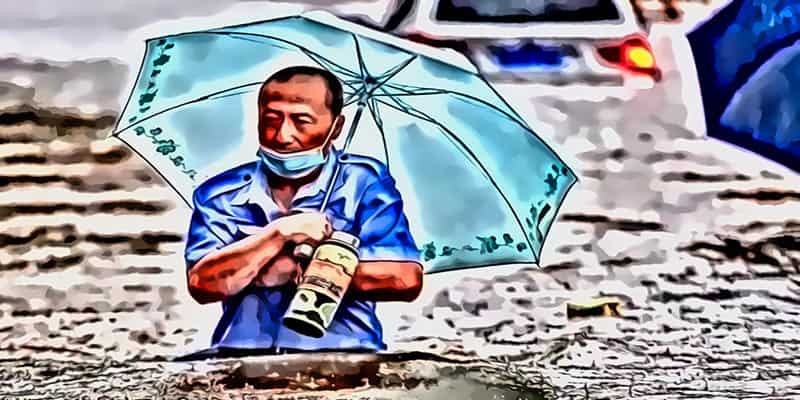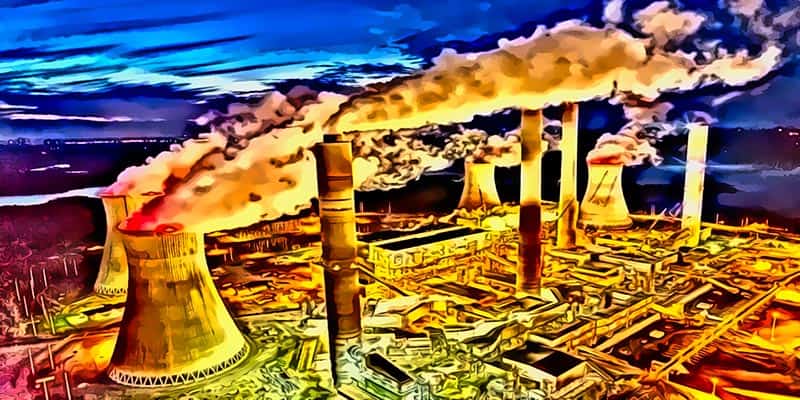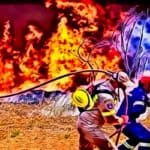President for COP26 and Minister of State at the Cabinet Office, Alok Sharma, warned that the world is dangerously close to running out of time to prevent a climate change catastrophe.
“The effects were already clear with floods, fires and heatwaves, we can’t afford to wait two years, five years, 10 years – this is the moment,” he told the Observer.
But he did not condemn the government for allowing more fossil fuel projects and instead defended his decision to travel to more than 30 countries in seven months.
Mr. Sharma’s announcement comes ahead of a UN Climate Change Researchers’ report set to be released on Monday.
The upcoming report is set to be the strongest statement yet from the UN group on the science of climate change and will explore how oceans, ice caps, and land are going to change in the coming decades.
The summary of the report was approved by 195 scientists and representatives from all over the world, who will now be under pressure to take more action at COP26 in November.
The chief scientist of Greenpeace UK, Doug Parr, said “world leaders have done a terrible job of listening” to warnings about climate change.
“This year, this has to change. We don’t need more pledges, commitments and targets – we need real action right here right now” he added.
Wildfires, floods and high temperatures have been plaguing the European continent this summer. Greece has seen its worst wildfires in decades with thousands of residents displaced from their homes. Fires have also been burning in Turkey as well as California in the US.
If urgent action was not taken, the consequences would be “catastrophic” Mr. Sharma said.
“I don’t think there’s any other word for it,” he said. “You’re seeing on a daily basis what is happening across the world. Last year was the hottest on record, the last decade the hottest decade on record”.
He added: “We’re seeing the impacts across the world – in the UK or the terrible flooding we’ve seen across Europe and China, or forest fires, the record temperatures that we’ve seen in North America. Every day you will see a new high being recorded in one way or another across the world”.

Mr. Sharma said the report released on Monday is “going to be the starkest warning yet that human behaviour is alarmingly accelerating global warming”.
“I don’t think we’re out of time but I think we’re getting dangerously close to when we might be out of time. We will see from the IPCC a very, very clear warning that unless we act now, we will unfortunately be out of time”.
Glasgow, Scotland is set to host the COP26 summit in November. This UN climate change conference will bring together leaders from 196 countries and attempt to reach a unified consensus on how best to combat global warming.
Some people are saying that the UK is guilty of hypocrisy for opening up a new oil field off Shetland, and as if this weren’t bad enough, it appears as though there will be plans to drill more wells in the North Sea and open up another coal mine near Cumbria.
The International Energy Agency said earlier this year, if we want to limit global warming, there cannot be any new investment in oil, gas or coal projects.
Experts say the impacts of climate change are far more severe when the increase is greater than 1.5C.
“Future fossil fuel licences are going to have to adhere to the fact we have committed to go to net zero by 2050 in legislation” said Mr. Sharma, refusing to criticize the government’s plans for the projects.
He added, “There will be a climate check on any licences”.
Mr. Sharma’s interview comes after he was criticized for visiting more than 30 countries in seven months.
Despite being pressured by public and industry backlash, environmental campaigners including Greenpeace have defended the ministers use of face-to-face meetings to persuade other nations on climate change. They believe that it is necessary in order for international agreements to be reached over an issue as important as this one.
Mr. Sharma told the Observer that in-person meetings were “incredibly vital and actually impactful”.
“It makes a vital difference, to build those personal relationships which are going to be incredibly important as we look to build consensus,” he said.







